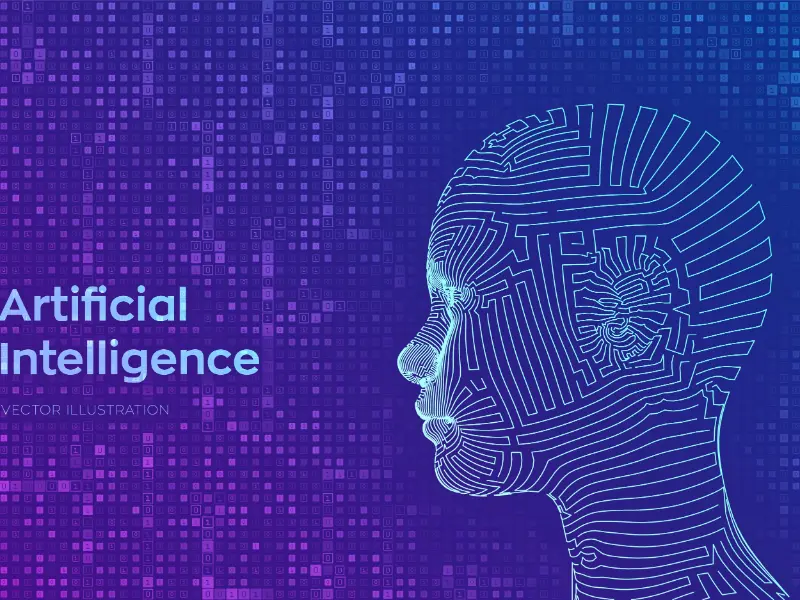- Speech recognition technology, also known as automatic speech recognition (ASR) or voice recognition, is a technology that enables computers to interpret and understand spoken language.
- It allows users to interact with devices, applications, and services using their voice rather than traditional input methods like typing or clicking.
- Research in speech recognition continues to advance, focusing on areas such as multi-speaker recognition, low-resource languages, domain adaptation, and robustness to environmental factors. Additionally, efforts are underway to improve the naturalness and human-likeness of synthesised speech output.
Current speech recognition technology has made significant advancements in terms of accuracy and reliability. It’s now quite reliable for many common tasks like dictation, virtual assistants, and transcription services. However, its reliability can vary depending on factors such as background noise, speaker accent, and the complexity of the language being spoken.
While speech recognition technology has come a long way and is generally reliable for many applications, there are still limitations and room for improvement, particularly in handling diverse accents and noisy environments.
How reliable is it?
For general use cases in relatively controlled environments, such as dictating text messages or using voice commands with virtual assistants like Siri or Google Assistant, speech recognition is quite reliable. These systems typically leverage large datasets and sophisticated algorithms to understand and interpret spoken language accurately.
In more challenging environments, such as noisy public spaces or with speakers who have strong accents, speech recognition may still struggle at times. However, ongoing research and development efforts are continually improving these systems, making them more robust and accurate over time.
Speech recognition systems are trained on vast amounts of speech data, allowing them to learn patterns and variations in language usage. Advanced algorithms, such as deep learning models like recurrent neural networks (RNNs) and convolutional neural networks (CNNs), are employed to process and analyse speech signals effectively.
And Ongoing research and development efforts continually refine and enhance speech recognition algorithms, making them more accurate and robust over time. Many speech recognition systems are designed to adapt to different accents, dialects, and speaking styles, improving their performance across diverse user populations.
Also read: Gcore launches AI ASR for enhanced content accessibility
Limitation of speech recognition
Current speech recognition technology has reached a level of reliability where it is suitable for many practical applications, but it still has some limitations.
Accuracy
Speech recognition systems have become remarkably accurate, especially in controlled environments with clear speech and minimal background noise. However, their accuracy can vary depending on factors such as speaker accent, speech rate, vocabulary complexity, and background noise levels.
Language support
Speech recognition systems perform better for languages with well-developed resources and large training datasets. Languages with fewer resources may have lower accuracy rates.
Also read: How AI can help achieve partnership goals
Speaker variability
Accents, speech impediments, and individual speaking styles can impact the performance of speech recognition systems. Systems trained on diverse datasets tend to be more robust to speaker variability.
Noise robustness
While speech recognition systems have improved in their ability to handle background noise, they can still struggle in noisy environments. Background noise, such as crowd chatter or machinery noise, can interfere with accurate speech recognition.
Context sensibility
Speech recognition systems often rely on context to improve accuracy. Understanding the context of a conversation or task can help the system make more accurate predictions. However, context can also introduce ambiguity, especially in cases where multiple interpretations are possible.

